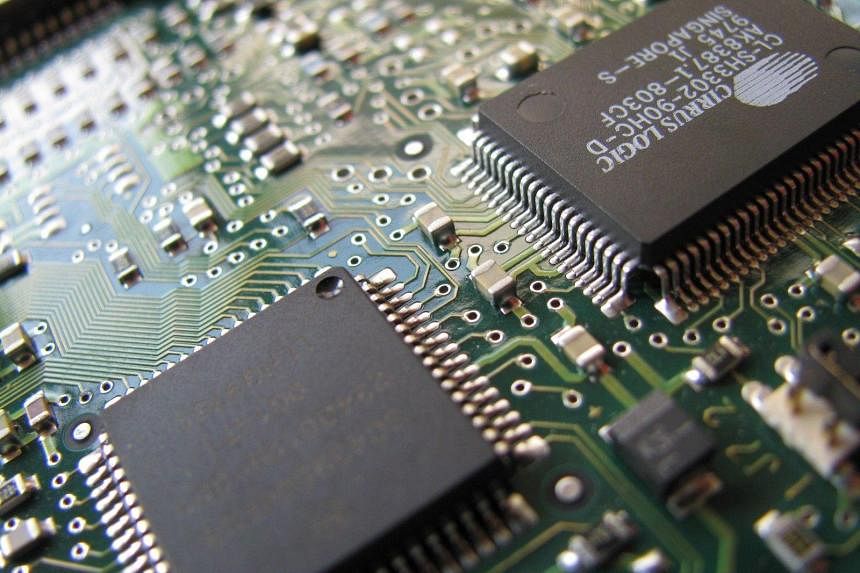WASHINGTON - Companies that produce the most advanced semiconductors have requested more than US$70 billion (S$$94 billion) in federal subsidies, roughly twice the amount of funding that is available, US Commerce Secretary Gina Raimondo said on Feb 26.
In an effort to revitalise domestic manufacturing of semiconductors, the United States government is distributing US$39 billion in subsidies as an incentive for companies to produce more of the tiny chips that power everything from smartphones to cars and fighter jets. The funding is meant to strengthen the US supply chain and reduce the country’s reliance on foreign sources of chips. Currently, just 12 per cent of chips are made in the US.
The grants have so far proven popular among companies. In a speech on Feb 26 at the Centre for Strategic and International Studies, Ms Raimondo said her department had received more than 600 statements of interest.
The US has had to be “tough with companies”, Ms Raimondo said, adding that she has pushed company executives to “do more for less”. She added that the level of interest also meant that officials would “have to say no to excellent companies”.
Ms Raimondo emphasised the need to bolster domestic production of the most technologically advanced chips, which are made largely in Taiwan.
The US plans to award about US$28 billion of the grants to firms that make such leading-edge chips, Ms Raimondo said. Those semiconductors – which are produced by companies including the Taiwan Semiconductor Manufacturing Company, Intel and Samsung – are used in artificial intelligence, smartphones, supercomputers and the most sensitive military hardware.
Ms Raimondo said the new federal investments would put the US on track to produce roughly 20 per cent of the world’s most advanced types of logic chips by the end of the decade. Currently, it produces zero, she said.
While companies might receive only a portion of the amount they originally requested, Ms Raimondo said she was “very confident” that companies would still “do what they said they would do” with the money, in part because the government will hand out funding as certain milestones are met.
Ms Raimondo emphasised that manufacturers could also benefit from other types of financial support besides the grants. NYTIMES

